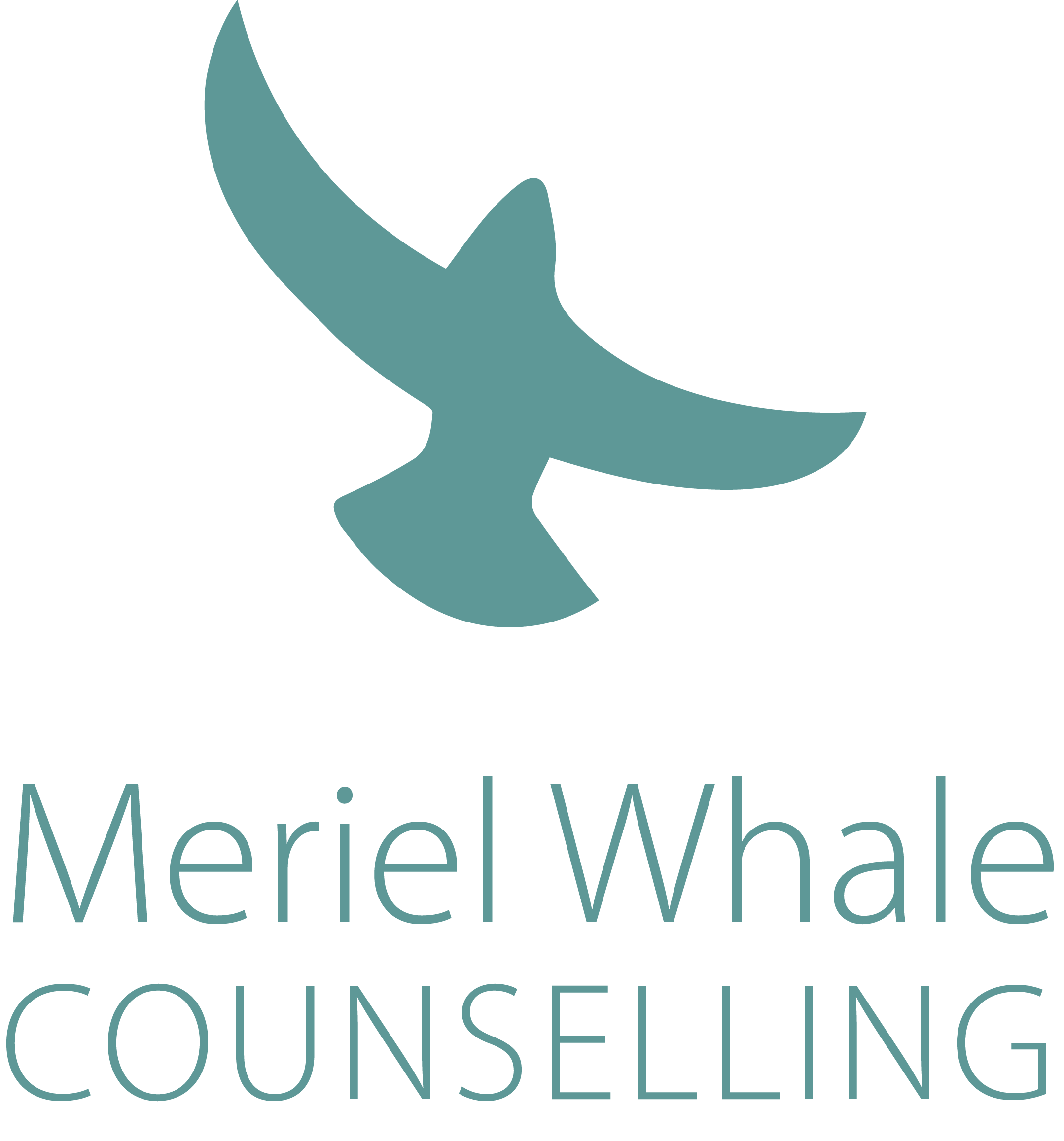Queer words, queer voices, queer lives
Photo by Aung Soe Min on Unsplash
Celebrating our history
February is LGBTQ+ History Month, an annual celebration of where we have come from and the figures from the past who have paved our way for us.
Poetry, prose and plays
In 2020, the theme is Poetry, Prose and Plays and the book lover in me knows there is a lot to celebrate.
Queer Words
Earlier this week, I ran an event where we celebrated the Queer words of the past by sharing our favourite books and authors and also created some Queer words of our own in a poetry workshop. It was a powerful, enlightening, fun and tender evening with a tangible sense of camaraderie and warmth, and culminated in a wonderful reading with songs from the book, ‘Tell Me I’m Forgiven’ by Alison Child, who was accompanied in the singing by her partner Rosie Wakley.
Take part!
I’d like to invite you to take part in this event too. Please, if you would like to, reply to this post with the name of your favourite Queer book or author and why they matter to you. Examples from the evening included Orlando by Virginia Woolf, Sexing the Cherry by Jeanette Winterson and the diaries of Anne Lister.
If you would like to take part in the Creative Writing exercise, I have described the stages below!
Acrostic poetry
So let’s begin! For this short creative writing exercise, I am going to invite you to use some queer words to produce your own acrostic poem. Acrostic poems are where a word or words is written vertically, with each letter on a new line. That letter is then used to start a line of the poem, and each line can consist of one word or a series of words. Here is an example that I wrote earlier,
Love matters
Getting to be who we are in this fierce and beautiful world,
Both can be hard, and wonderful
Together, we can move forwards, forging new paths
Queer words, queer voices, queer lives.
To start you off, I’d like to invite you to write words that you particularly like on a piece of paper. Then add them to the words below, (these words are all taken from the titles of Queer books):
SEE HEART TIME EVERYWHERE BOTH WELL LIGHT SONG LOVE BODY RECKLESS
Now, I’d like you to choose your favourite word or words and write it or them down the left-hand side of a piece of paper. Use each letter of the word or words to start a line of a poem, collection of words or piece of writing. Don’t worry too much about it making sense or being ‘good’ whatever that even means. Just enjoy putting some words together. If none of the words appeal to you, feel free to use your own name, the letters LGBTQIA (or more), the name of your favourite queer writer or the word history.
The poem can be about anything at all. There is never a right or wrong way to do this and the structure is only useful if it helps you, so do, of course, feel free to write something completely different. If you have written something you would like to share, please do feel free to share it in a comment below.
A place in the world
Many thanks for having a go at the activities I presented at the LGBTQ+ History Month Event 2020! I hope you enjoyed them. You might be wondering how this connects to counselling. Reading and writing have proven benefits for our mental health and wellbeing, and seeing ourselves reflected in books, poetry and plays can be both inspiring and comforting, showing us we have a place in the world no matter who we are and what we have experienced. People have gone ahead of us to show us the way, and we are following after them, shining lights and posting way markers for those who come after us.
We are not alone
If you need support, whether LGBTQIA+, childless not by choice, on the autism spectrum or a friend, partner or family member of someone who is or for any other reason, please do get in touch if you think counselling might be supportive to you

